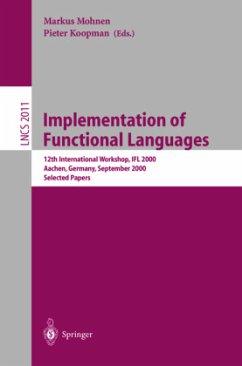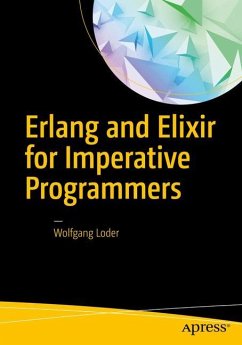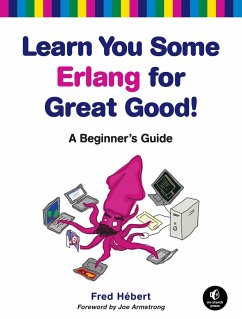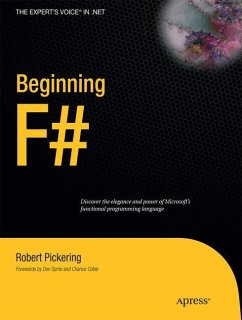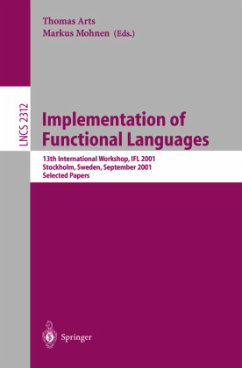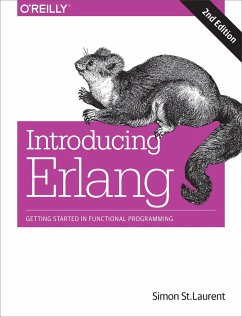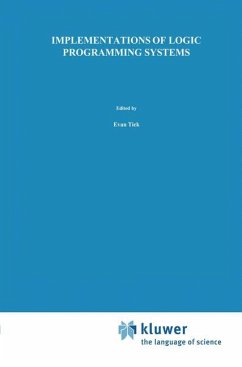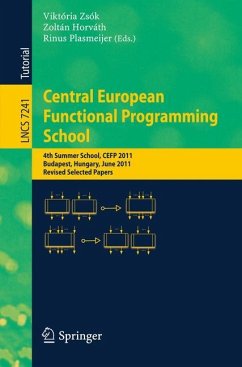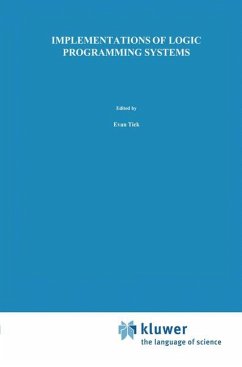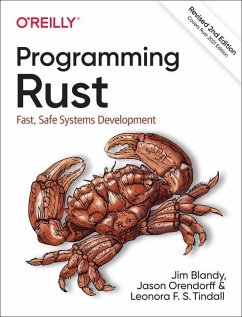
Erlang Programming

PAYBACK Punkte
23 °P sammeln!
This is the most comprehensive book on Erlang, a language that's seen exponential growth due to increasing interest in concurrent programming. Erlang Programming provides an in-depth explanation of the essentials of Erlang, now poised to become a major language alongside C and Java. All readers, regardless of programming background or level, will learn how to write fairly complex concurrent programs with Erlang. The book focuses the language's syntax and semantics, and explains pattern matching, proper lists, recursion, debugging, networking, and concurrency.
This book is an in-depth introduction to Erlang, a programming language ideal for any situation where concurrency, fault tolerance, and fast response is essential. Erlang is gaining widespread adoption with the advent of multi-core processors and their new scalable approach to concurrency. With this guide you'll learn how to write complex concurrent programs in Erlang, regardless of your programming background or experience.
Written by leaders of the international Erlang community -- and based on their training material -- Erlang Programming focuses on the language's syntax and semantics, and explains pattern matching, proper lists, recursion, debugging, networking, and concurrency.
This book helps you:
Understand the strengths of Erlang and why its designers included specific features
Learn the concepts behind concurrency and Erlang's way of handling it
Write efficient Erlang programs while keeping code neat and readable
Discover how Erlang fills the requirements for distributed systems
Add simple graphical user interfaces with little effort
Learn Erlang's tracing mechanisms for debugging concurrent and distributed systems
Use the built-in Mnesia database and other table storage features
Erlang Programming provides exercises at the end of each chapter and simple examples throughout the book.
Written by leaders of the international Erlang community -- and based on their training material -- Erlang Programming focuses on the language's syntax and semantics, and explains pattern matching, proper lists, recursion, debugging, networking, and concurrency.
This book helps you:
Understand the strengths of Erlang and why its designers included specific features
Learn the concepts behind concurrency and Erlang's way of handling it
Write efficient Erlang programs while keeping code neat and readable
Discover how Erlang fills the requirements for distributed systems
Add simple graphical user interfaces with little effort
Learn Erlang's tracing mechanisms for debugging concurrent and distributed systems
Use the built-in Mnesia database and other table storage features
Erlang Programming provides exercises at the end of each chapter and simple examples throughout the book.




